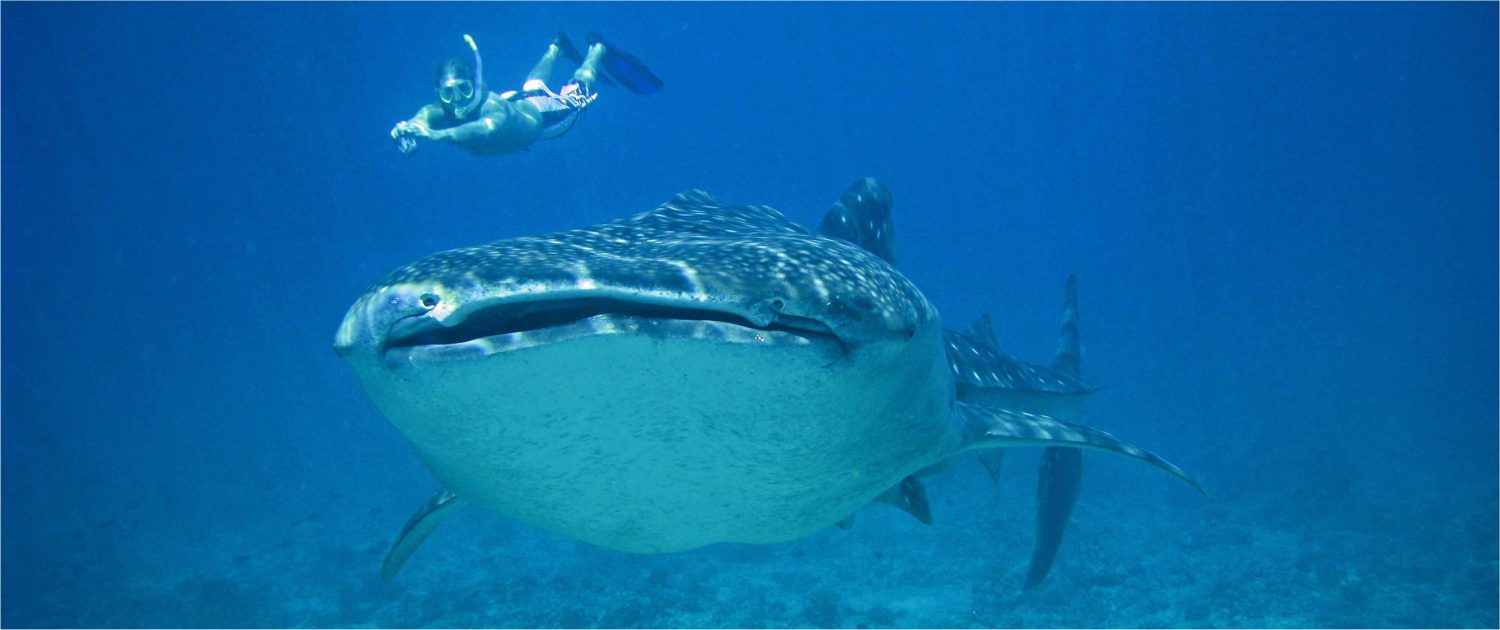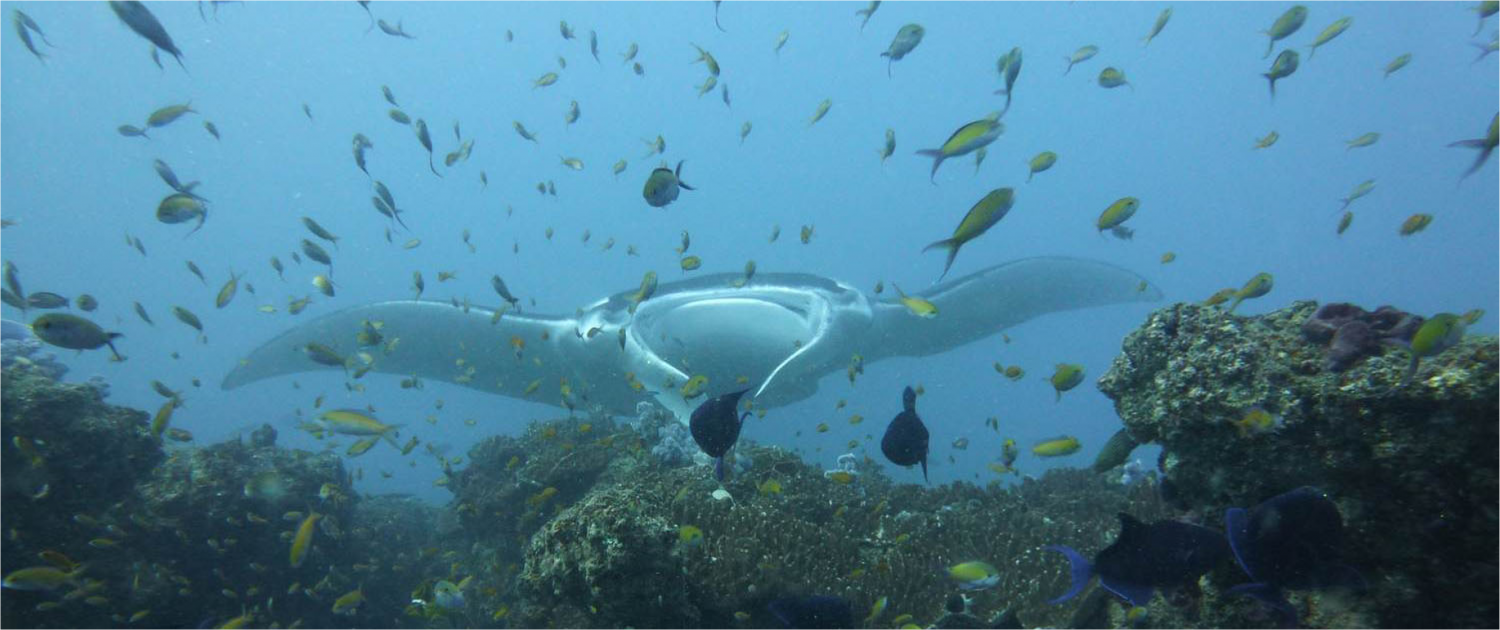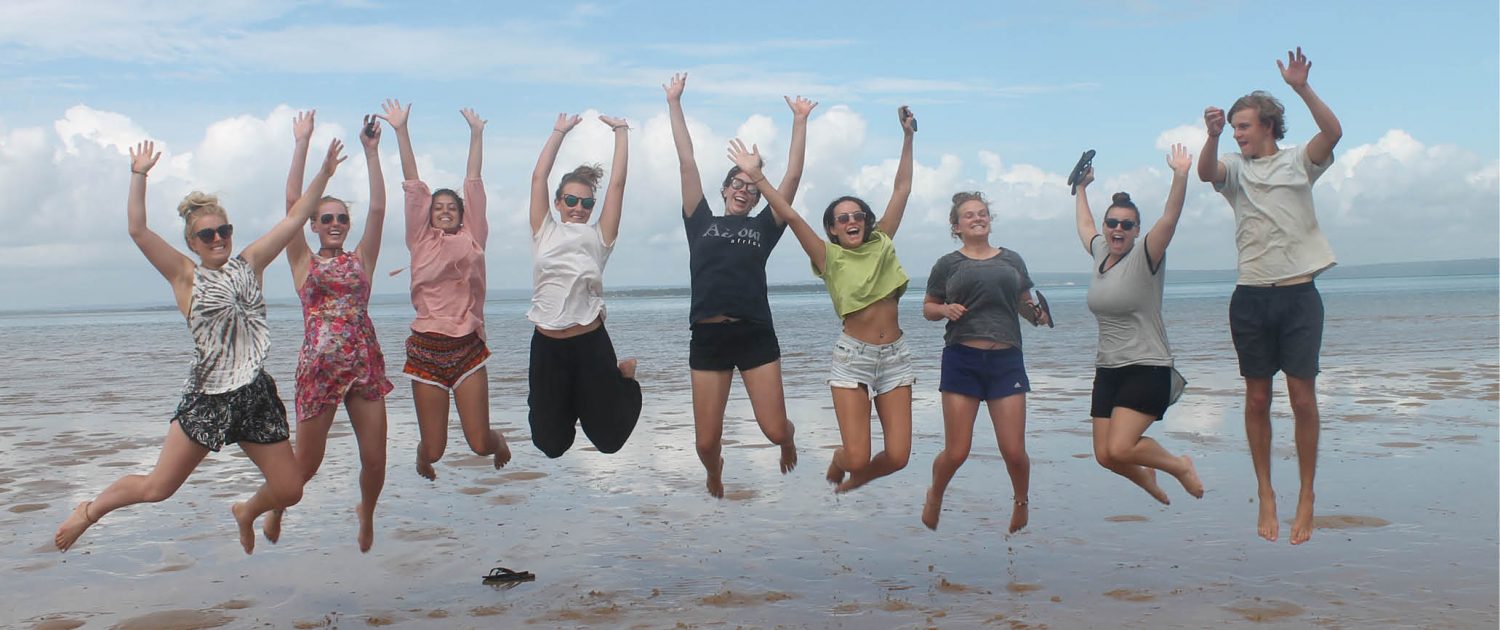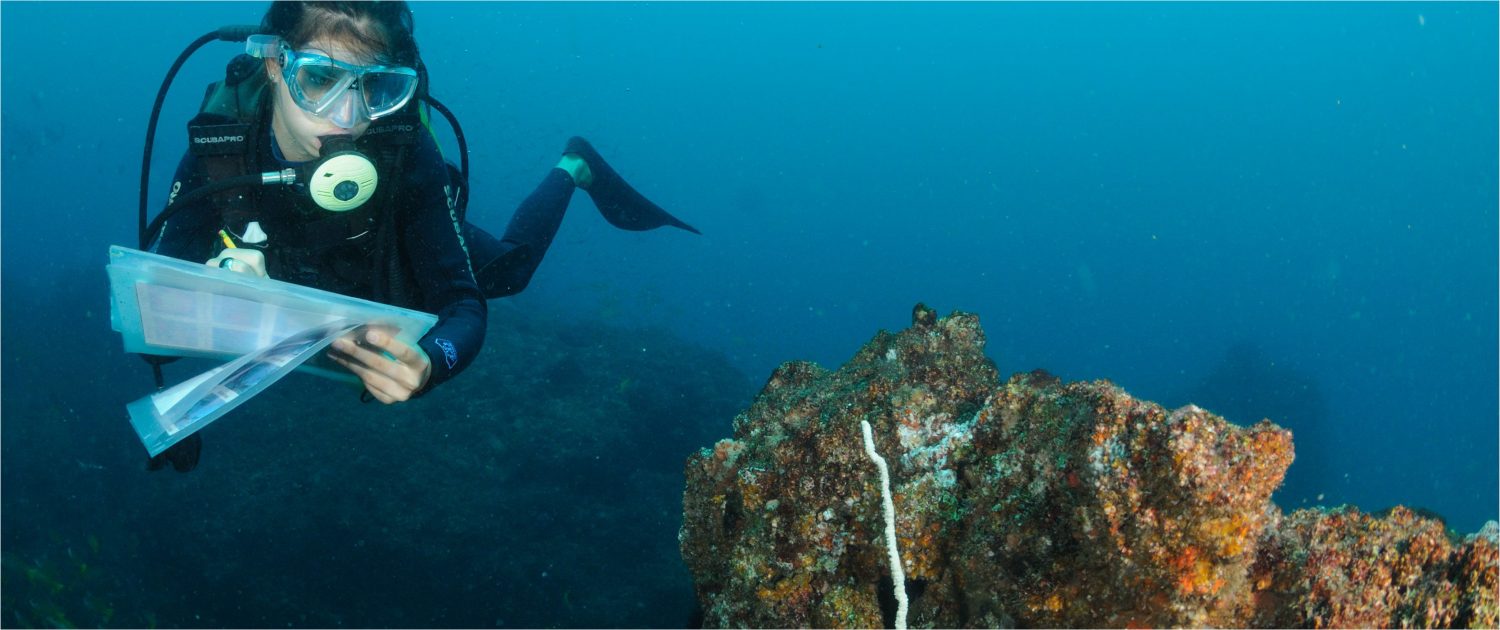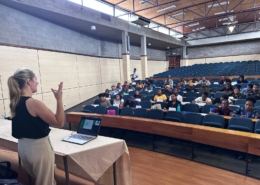 Clare
https://alloutafrica.com/wp-content/uploads/2023/10/WhatsApp-Image-2023-10-20-at-10.46.15_0ea44776.jpg
1200
1600
aoa
/wp-content/uploads/2015/09/All-Out-logo_transparent_2.png
aoa2023-10-25 11:03:122023-10-25 12:17:06Empowering Youth Entrepreneurship in Eswatini
Clare
https://alloutafrica.com/wp-content/uploads/2023/10/WhatsApp-Image-2023-10-20-at-10.46.15_0ea44776.jpg
1200
1600
aoa
/wp-content/uploads/2015/09/All-Out-logo_transparent_2.png
aoa2023-10-25 11:03:122023-10-25 12:17:06Empowering Youth Entrepreneurship in EswatiniYou are here: Home1 / VOLUNTEER2 / CONSERVATION PROJECTS3 / MARINE RESEARCH & WHALE SHARK CONSERVATION
“I feel every aspect of this experience was really great, staff were really friendly and helpful, Swaziland was beautiful and the volunteering projects were varied and interesting – I recommend every aspect of my experience.”
Prudence MasekoZimbabwe | Child Care (SD)
“It was fun volunteering, the children are so sweet, and the tours were awesome. I think All Out Africa is really doing a good job and I will recommend it to others.”
Julia BombacjHolland | Teaching (SD)
My experience in Mozambique with the marine project was worthwhile, i learned a lot and it might help me decide what to study or concentrate in future, I enjoyed my stay and would like to come back during whale season one time as everyone here is very friendly and because the town is very small you get to know a lot of people coming from all over the world and you bond with this place rather quickly.
Jana RobertsonAustria
FAST FACTS
| Mozambique | |
| 2-12 Weeks | |
| Starting at $1917* | |
| 10% | |
| Tilak Lodge | |
| 3 meals per day | |
| First Monday of the Month |
* Interns on this project MUST be qualified divers to be accepted. Flights are not included in the cost. 2 weeks duration is available for qualified divers. 3 weeks is the minimum duration for first time divers.
Marine Research & Whale Shark Conservation
As a volunteer, on the Marine Research & Whale Shark Conservation Project, you will help carry out the Marine Research and monitoring activities for the project under the guidance of our coordinating project scientists. You will join other volunteers on the project to collect the data via scuba dives, ocean safaris and beach walks off the coastline of Tofo in Mozambique. You can expect an excellent diving, snorkeling and beach experience whilst gaining first hand Marine Research skills and contributing to a worthwhile project.
OVERVIEW
The project involves conducting multiple types of research with different species. The following is a summary of the type of research and Conservation activities you may be involved with. Some of the activities are conducted at specific times of the year whilst others are conducted all year round. Our co-ordinating project scientists will teach you how to assist with data collection throughout your project duration.
Accommodation & Meals
During your stay, you will be accommodated in Tilak Lodge, in Tofo. Three meals a day will also be provided, some on a self-serve basis and others cooked for you.
Project Start Dates
The start date for this project is the first Monday of the month throughout the year, with the exception of November & December when the project is closed.
Included in the cost
● An internationally recognized dive qualification
(Not included for 2-week volunteers)
● Research dives and ocean safari’s to collect data
● Comprehensive 24 hours, 7 days a week support from
All Out Africa
● Volunteer projects specifically designed to enable you
to make an active contribution During your stay,
● Support of volunteer project coordinators who are
experts in their fields which ensure the volunteer experience is valuable
● Comprehensive orientation to the country
● All food and accommodation throughout your stay
Where Your Project Fee Goes
By signing up with us you are donating your time and skills to work directly with communities in need through a structured project. There are many benefits of volunteering with an organization like ours. Sometimes it is hard to find projects to support in a foreign country that are safe, worthwhile and reputable. When you sign-up for one of our projects for 2 or 12-weeks, you become part of a bigger, sustainable plan that our team of qualified staff has carefully crafted. You will also receive travel and visa support, orientation, a safe place to stay, logistical support, in addition to clear expectations of the work you will do. This is why we charge a fee for volunteering or interning abroad.
Your project fee goes towards a company you can trust, an experience that is worthwhile and an opportunity that will make a positive and sustainable impact on the community you have chosen to serve.
Not Included in the Fee
8 Local transport fares to your projects
8 Medical/Travel Insurance
8 All Flights & Visas
YOUR ROLE
Volunteer role
The project involves conducting multiple types of research with different species. The following is a summary of the type of research and Conservation activities you may be involved with. Some of the activities are conducted at specific times of the year whilst others are conducted all year round. Our co-ordinating project scientists will teach you how to assist with data collection throughout your project duration.
In order to carry out many of these activities, you will need to be able or willing to learn to scuba dive. An open or advanced internationally recognized diving course is provided in the cost of the program to facilitate this (not included in the 2-week option).
You will also need to be a capable swimmer (able to swim 100m unassisted) and snorkeler. Being able to hold your breath to dive down would be an advantage but is not required.
Some of the activities you will get involved in may include:
Whale Shark (Annually) The Whale Shark component of the Project involves joining ocean safaris to snorkel with Whale Sharks in the open ocean. It involves taking underwater photographs for identifying the Whale Sharks as well as recording other ecological information. As a summary, you will collect the following information on the Whale Sharks:
● Date, GPS location, surface and underwater conditions
● Size, sex, scars/distinctive features, the behavior of the Whale Shark
● You will take an ID photograph and identify each Whale Shark & record re-sightings
Dolphin (Annually) You will be collecting data which enables dolphin numbers and the behaviors to be recorded and uploaded onto databases to share with our Marine Partners. Of particular interest in this study is dolphin the behavior in relation to tourism.
Coral Reef and Fish (Annually) This involves carrying out underwater data collection on indicator species of coral fish and the condition and cover of coral and echinoderms on the reefs.
Seahorses (Annually) This project will involve traveling to the nearby Inhambane Estuary and snorkel in relatively shallow waters to evaluate and monitor the seahorse population. The seahorses are counted and photos are taken to identify the size of the seahorses and data then entered into a database to allow for analysis.
Humpback Whales (June – October) Monitor the numbers of Humpbacked Whales on their seasonal migration up and down the coast. This involves sand dune based observations using binoculars and boat-based observations recording the numbers of Whales, the makeup of the pods and the behaviors witnessed.
General environment (Annually) A number of more general environmental awareness and clean-up activities will be also carried out during the project.
* Please note that the activities listed above are based on availability and may vary by season. These are samples of activities that are volunteers are likely to participate in.
INTERNSHIP OPENING
As an intern on the Marine Research & Whale Shark Conservation Project, you will help carry out the Marine Research and monitoring activities for the project under the guidance of our coordinating project scientists. You will join other interns on the project to collect the data via scuba dives, ocean safaris, and beach walks off the coastline of Tofo in Mozambique. You can expect an excellent diving, snorkeling and beach experience whilst gaining first hand Marine Research skills and contributing to a worthwhile project.
Whether you are looking to gain experience to add to your CV, need to fulfill University requirements or just have experience to contribute, we like to make our internships as beneficial for each intern as possible. That’s why we want to know in advance if you have a special interest, expertise or goals to achieve whilst you’re completing your internship with us.
Please send an email to the Research Coordinator at jule@alloutafrica.org to confirm that we are a good fit for your internship needs.
INTERN ROLE
An intern, although also not being paid, is different from a Gap-year volunteer as they are expected to bring some knowledge and/or experience in the area they are working in. There are fewer internship posts available so competition for these is higher. Interns will be working at a more career-focused strategic level and developing local capacity to work effectively and with meaning, as well as gaining valuable hands-on, practical experience during their placement. Interns are also expected to take on more responsibility and to create their own goals and seek activities to be involved in or lead. They will also have a mentor assigned to them to guide them during the internship.
The project involves conducting multiple types of research with different species. The following is a summary of the type of research and Conservation activities you may be involved with. Some of the activities are conducted at specific times of the year whilst others are conducted all year round. Our co-ordinating project scientists will teach you how to assist with data collection throughout your project duration.
In order to carry out many of these activities, you will need to be able to scuba dive and have some marine science knowledge already.
As an Intern, you will primarily be responsible for directly assisting the marine biologist on site. This may include working as a lab assistant and helping the intern researchers with species identification and/or lab procedure. Depending on your skill level and expertise, your internship may also include working on an independent research project.
* Please note that the activities listed above are based on availability and may vary by season. These are samples of activities that are interns are likely to participate in.
ITINERARY
Day in the life of a volunteer
7:00 Wake up to see the sunshine and get yourself started for the day with breakfast!
7:30 Get prepared for your research dive – get your equipment together and head to one of the dive sites or you may go on an ocean safari and go searching for Whale Sharks and dolphins to take photo ID shots and record behavioral data
12:30 Time to return to your accommodation for lunch after an action-packed morning!
14:00 Go to the office and enter data into our databases of the research work
15:00 Depending on the time of year – you may be collecting data on Humpback Whales from the top of the sand dunes, uploading photo IDs into the database, conducting turtle nest surveys or improving the beach environment with a clean-up collection.
16:30 Return back to your accommodation and share your day’s adventures with other volunteers!
18:00 Enjoy a delicious evening meal and relax……
Itinerary for your experience
Day 1 Fly into Inhambane Airport, usually connections are available from OR Tambo Airport Johannesburg or Maputo Mozambique where you will be met by an All Out Africa staff member who will transfer with you to your accommodation.
Day 2 Your orientation will start with a presentation by the coordinating project scientists to prepare you for your project. You will then be shown around Tofo and have a tour of the nearby city of Inhambane.
Day 3-5 Begin your scuba diving course which usually lasts between 4 & 7 days depending on weather conditions. This is an internationally accredited course and upon completion you will get a certificate permitting you to scuba dive to 18m anywhere in the world. Those who already hold an open water course will complete an advanced dive course (qualifies you to dive to 30m).
If you are a 2-week volunteer on the program or already have both open and advanced dive qualifications you will begin the activities described under day 8-13 on the itinerary instead.
After scuba class you will be treated with a series of interesting educational talks on some of the amazing megafauna you will be swimming with over the next few weeks including how to ID several different kinds of fish species.
Day 6-7 At weekends there is time to explore the stunning palm-fringed beaches of Tofo: relax, surf, swim and enjoy your beautiful surroundings. During the first weekend you may also be completing your open or advanced water certificate.
Day 8-12 Once your dive course is completed you will officially be an assistant scientist! Your dives in the morning/afternoon will be for the purpose of collecting data and the second part of the day you will be responsible for communicating that data into the proper vehicle for safekeeping and analysis at a later date.
On days when you are not in the water, our social projects guide may take you on activities around Tofo such as Portuguese lessons, historical walking tours and/or local handicraft creation.
It is important to note that daily activities may change due to weather conditions or other circumstances beyond our control at any given time. Attention to the daily posted schedule will be vital.
DOWNLOAD BROCHURE
Additional Information
Additional information for those booking onto the Mozambique Marine Program
• As part of the project activities, you will complete an Internationally Recognized Dive Qualification during a normal 4-week program, along with 11 or 12 ocean activities (ocean safaris or research dives) depending on the dive course chosen. Numbers of ocean safaris and research dives are calculated accordingly for shorter/longer programs.
• In order to carry out the activities required of you in the Marine Conservation Project you will need to be a capable swimmer (able to swim 100m unassisted) and snorkeler; being able to hold your breath to dive down would be an advantage.
• Volunteers who sign up for a 2-week project must have either their open or advanced water dive certification.
• Volunteers who have pre-existing medical conditions or are over 45 years of age must also bring a medical clearance letter permitting them to dive.
• Any volunteers taking Lariam/Mefloquine/Mephliam/Tropicure (or any other derivatives) as anti-malarial treatment (prophylaxis) will not be permitted to dive, as it causes increased risks when diving. Please advise your doctor that you are going on a dive holiday and request another suitable anti-malarial treatment.
• Accredited divers must bring their dive cards (listing their last logged dive) with them to the project site as proof.
• Dive accredited volunteers not requiring/wanting a dive course but who have not logged a dive within 6 months of their project will need to complete a Scuba Review before they can participate in their research dives. The cost of a Scuba Review is not included in the project cost and a small fee will be paid locally for this directly to the Dive Center we partner with.
• The open water certificate qualifies volunteers to dive up to 18 meters and some of our dive sites are between 20-30 meters deep. It is not essential to dive at these deeper sites, but should you wish to participate in deep diving (up to 30 meters) you will either need to complete a Deep Dive course at a small additional local cost, or there is also the option to complete an Advanced Water Course at an additional cost.
• Ask for our fish-list if you would like a head start on coming to grips with all the different species that you will be seeing on your dives!
All Participants on this project MUST fill out this PADI form and submit the final document along with their booking form before they travel to Mozambique.
Camera 4 Conservation
What we need?
GoPro’s, underwater cameras, waterproof housing, Go pro/camera accessories and batteries
Why we need the assistance of the community?
Many of the critical research projects conducted at the MRC rely on the use of waterproof cameras. These projects range from taking ID shots, to surveys and remote monitoring projects. This data can then be utilised for publications, conservation strategies and decision-making.
Unfortunately, electronics are not only expensive, but are also very difficult to purchase in Tofo and surrounding areas. It is almost impossible to source cameras locally or repair damaged units. As a not-for-profit organisation, we rely on the kindness and generosity of the community, grants, sponsorships and the philanthropy of individual donors, to help fund these ground-breaking research projects, which will assist in the monitoring and protection of this unique area.
What specific projects will they be used for?
The All Out Africa Marine Research Centre runs numerous short-term and long-term research and conservation projects based in Tofo Mozambique.
Such as:
- Reef health surveys – indicator species, coral cover, urchin density, abundance counts, biomass estimation,
- Large animal monitoring – photo identification, population estimates, residency/transience, migratory trends, injury recovery
- Anthropogenic impact assessment – area usage mapping, monitoring of unsustainable catch, sustainable tourism, Code of Conduct development,
- Genetic studies – whale shark sampling, humpback whale sampling, khuls ray sampling, coral sampling, frogfish sampling,
- Biodiversity assessment – estuary monitoring, sea horse identification and density, usage of the inter-tidal zone,
- Behavioural studies – wildlife behavioural reactions to human interactions, humpback whale area usage during migration.
When do we need them? (urgency)
We require cameras urgently and on an ongoing basis. There are several urgent reasons for the loss of marine life
Overfishing: 70% of world fish populations are overfished, and MPAs can help to manage ocean resources and prevent overfishing
Pollution: Marine ecosystems are threatened by pollution from human activities, such as plastic waste and oil spills. MPAs can help to protect marine ecosystems from pollution
Climate Change: Marine life is affected by climate change, which can cause ocean acidification, coral bleaching, and changes in ocean currents. Protecting marine life can help to mitigate the impacts of climate change
Economic Benefits: Marine life supports many industries, such as fishing and tourism, which provide jobs and economic benefits. Protecting marine life can help to maintain these industries
Overall, urgent action is needed to protect marine life and establish MPAs to prevent further loss of biodiversity, manage ocean resources, protect marine ecosystems from pollution, mitigate the impacts of climate change, and maintain economic benefits.
Other Projects you may be interested in
 Clare
https://alloutafrica.com/wp-content/uploads/2023/10/WhatsApp-Image-2023-10-20-at-10.46.15_0ea44776.jpg
1200
1600
aoa
/wp-content/uploads/2015/09/All-Out-logo_transparent_2.png
aoa2023-10-25 11:03:122023-10-25 12:17:06Empowering Youth Entrepreneurship in Eswatini
Clare
https://alloutafrica.com/wp-content/uploads/2023/10/WhatsApp-Image-2023-10-20-at-10.46.15_0ea44776.jpg
1200
1600
aoa
/wp-content/uploads/2015/09/All-Out-logo_transparent_2.png
aoa2023-10-25 11:03:122023-10-25 12:17:06Empowering Youth Entrepreneurship in Eswatini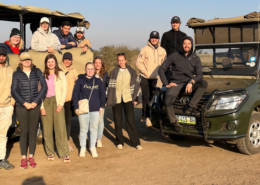 https://alloutafrica.com/wp-content/uploads/2023/07/Untitled-design-14.png
628
1200
aoa
/wp-content/uploads/2015/09/All-Out-logo_transparent_2.png
aoa2023-07-25 11:07:562023-07-25 11:07:56Transformative Experiences and Invaluable Insights: My Internship Journey with All Out Africa Foundation
https://alloutafrica.com/wp-content/uploads/2023/07/Untitled-design-14.png
628
1200
aoa
/wp-content/uploads/2015/09/All-Out-logo_transparent_2.png
aoa2023-07-25 11:07:562023-07-25 11:07:56Transformative Experiences and Invaluable Insights: My Internship Journey with All Out Africa Foundation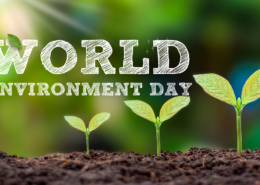 https://alloutafrica.com/wp-content/uploads/2023/06/Green-Seed-Plant-Illustration-Earth-World-Environment-Day-Video-1200-×-680-px.png
680
1200
aoa
/wp-content/uploads/2015/09/All-Out-logo_transparent_2.png
aoa2023-06-13 12:57:532023-06-13 13:15:19Taking action towards a sustainable future
https://alloutafrica.com/wp-content/uploads/2023/06/Green-Seed-Plant-Illustration-Earth-World-Environment-Day-Video-1200-×-680-px.png
680
1200
aoa
/wp-content/uploads/2015/09/All-Out-logo_transparent_2.png
aoa2023-06-13 12:57:532023-06-13 13:15:19Taking action towards a sustainable future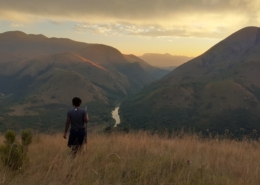 Bob
https://alloutafrica.com/wp-content/uploads/2023/06/Komati_Mgwayiza-gorge-scaled.jpg
1920
2560
aoa
/wp-content/uploads/2015/09/All-Out-logo_transparent_2.png
aoa2023-06-13 10:57:422023-06-13 10:57:42All Out Africa Foundation Annual Report 2021 – 2022
Bob
https://alloutafrica.com/wp-content/uploads/2023/06/Komati_Mgwayiza-gorge-scaled.jpg
1920
2560
aoa
/wp-content/uploads/2015/09/All-Out-logo_transparent_2.png
aoa2023-06-13 10:57:422023-06-13 10:57:42All Out Africa Foundation Annual Report 2021 – 2022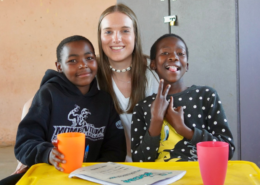 https://alloutafrica.com/wp-content/uploads/2022/11/Untitled-1200-×-628-px.png
628
1200
aoa
/wp-content/uploads/2015/09/All-Out-logo_transparent_2.png
aoa2022-11-03 13:52:272023-01-11 11:44:56My biggest unknown adventure
https://alloutafrica.com/wp-content/uploads/2022/11/Untitled-1200-×-628-px.png
628
1200
aoa
/wp-content/uploads/2015/09/All-Out-logo_transparent_2.png
aoa2022-11-03 13:52:272023-01-11 11:44:56My biggest unknown adventure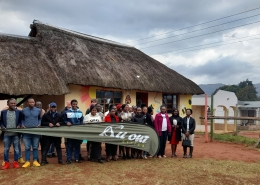 Simise
https://alloutafrica.com/wp-content/uploads/2022/08/20220819_142412-scaled.jpg
1520
2560
aoa
/wp-content/uploads/2015/09/All-Out-logo_transparent_2.png
aoa2022-08-25 07:05:452022-08-31 10:41:19Enterprise training for Ezulwini youth
Simise
https://alloutafrica.com/wp-content/uploads/2022/08/20220819_142412-scaled.jpg
1520
2560
aoa
/wp-content/uploads/2015/09/All-Out-logo_transparent_2.png
aoa2022-08-25 07:05:452022-08-31 10:41:19Enterprise training for Ezulwini youth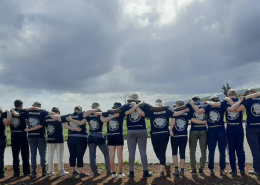 Kim
https://alloutafrica.com/wp-content/uploads/2022/04/20220413_003059.jpg
530
1000
aoa
/wp-content/uploads/2015/09/All-Out-logo_transparent_2.png
aoa2022-04-21 17:10:562022-04-21 17:10:56All Out Africa goes to Royal Jozini
Kim
https://alloutafrica.com/wp-content/uploads/2022/04/20220413_003059.jpg
530
1000
aoa
/wp-content/uploads/2015/09/All-Out-logo_transparent_2.png
aoa2022-04-21 17:10:562022-04-21 17:10:56All Out Africa goes to Royal Jozini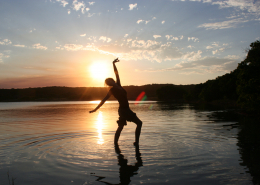 Roland
https://alloutafrica.com/wp-content/uploads/2021/04/IMG_4643-scaled-e1663585134819.jpg
200
300
aoa
/wp-content/uploads/2015/09/All-Out-logo_transparent_2.png
aoa2021-04-22 10:42:082021-04-22 10:42:08Mozambique beach tours from Eswatini (Swaziland)
Roland
https://alloutafrica.com/wp-content/uploads/2021/04/IMG_4643-scaled-e1663585134819.jpg
200
300
aoa
/wp-content/uploads/2015/09/All-Out-logo_transparent_2.png
aoa2021-04-22 10:42:082021-04-22 10:42:08Mozambique beach tours from Eswatini (Swaziland)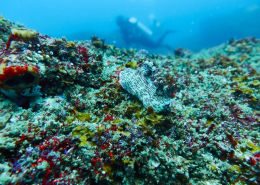 Jen
https://alloutafrica.com/wp-content/uploads/2021/04/122799343_3025671141052573_8234218299105466784_n.jpg
719
1080
aoa
/wp-content/uploads/2015/09/All-Out-logo_transparent_2.png
aoa2021-04-21 13:19:022021-04-21 13:23:02A devastating time for our decade-long database.
Jen
https://alloutafrica.com/wp-content/uploads/2021/04/122799343_3025671141052573_8234218299105466784_n.jpg
719
1080
aoa
/wp-content/uploads/2015/09/All-Out-logo_transparent_2.png
aoa2021-04-21 13:19:022021-04-21 13:23:02A devastating time for our decade-long database.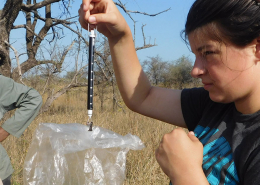 Kim
https://alloutafrica.com/wp-content/uploads/2021/04/Eswatini-Savannah-Conservation-8.jpg
630
1500
aoa
/wp-content/uploads/2015/09/All-Out-logo_transparent_2.png
aoa2021-04-15 15:12:212021-04-21 13:25:59Nature Conservation
Kim
https://alloutafrica.com/wp-content/uploads/2021/04/Eswatini-Savannah-Conservation-8.jpg
630
1500
aoa
/wp-content/uploads/2015/09/All-Out-logo_transparent_2.png
aoa2021-04-15 15:12:212021-04-21 13:25:59Nature ConservationSome Interesting Links
Volunteer Projects Contact
- +268 2416 2260
- bookings@alloutafrica.com
Adventure Tours contact
- +268 7835 2572
- tours@alloutafrica.com

